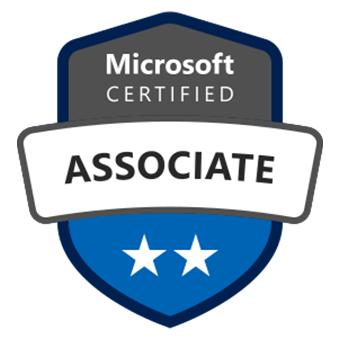Comparing Business Central and QuickBooks: A Comprehensive Overview
WebSiteAdmin, September 2, 2024334 Views
Choosing the right accounting software is crucial for managing finances and operations efficiently. Two popular options are Microsoft Business Central and Intuit QuickBooks. While both offer robust features, they cater to different business needs. Here’s a comparison highlighting their key differences and why Business Central might be a better fit for growing enterprises.
Target Audience and Scalability
QuickBooks is known for its simplicity and affordability, making it a great choice for small businesses and startups. It covers essential accounting tasks like invoicing, expense tracking, and payroll. However, as businesses grow, QuickBooks can face limitations in handling more complex financial operations.
Business Central, on the other hand, is designed to scale with businesses of all sizes, from small enterprises to larger organizations. It integrates financial management, sales, service, and operations, providing a comprehensive suite of tools that supports growth and expansion.
Feature Set and Functionality
QuickBooks offers a solid foundation for basic accounting needs, including financial reporting and expense management. Its inventory management capabilities are limited and may require third-party integrations for more advanced functions.
Business Central provides a wider range of features, including advanced inventory management, customer relationship management (CRM), project management, and supply chain operations. Its built-in analytics and reporting tools offer deeper insights, making it a more versatile solution for businesses with complex needs.
Integration and Customization
QuickBooks integrates with many third-party applications, which is useful for specific needs but can complicate workflows and data consistency.
Business Central integrates seamlessly with Microsoft products like Office 365 and Power BI, creating a unified ecosystem that enhances efficiency and reduces errors. It also offers extensive customization options, allowing businesses to tailor the system to their specific requirements.
Cost and Value for Money
QuickBooks is generally more affordable for small businesses, but costs can increase with the need for additional features or users.
While Business Central might have a higher upfront cost, it provides better long-term value for growing businesses. Its all-in-one solution can reduce the need for multiple software licenses and integrations, potentially lowering overall expenses.
Conclusion: Which Is Better for Your Business?
QuickBooks is ideal for small businesses looking for a simple, affordable accounting solution. However, for businesses that anticipate growth and need a more comprehensive, integrated system, Business Central offers significant advantages. Its robust features, seamless integration with other Microsoft tools, and strong security make it a superior choice for businesses planning for the future.
In summary, while QuickBooks serves small businesses well, Business Central is better suited for those with more complex needs and growth ambitions.












